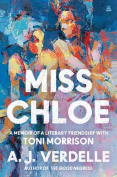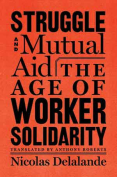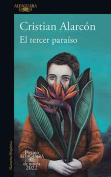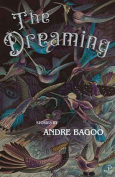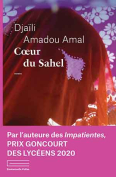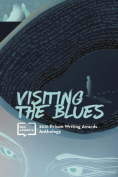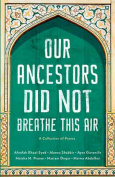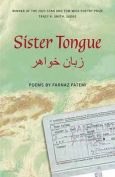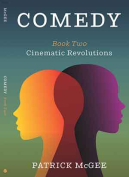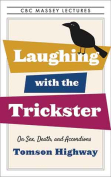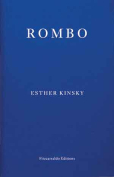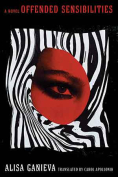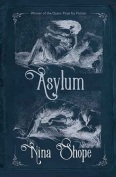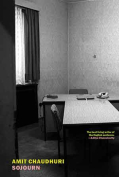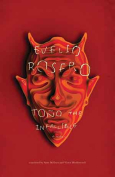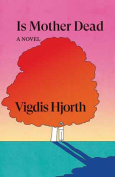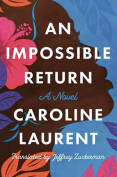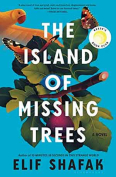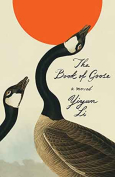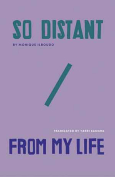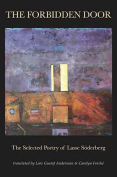The Thorn Puller by Hiromi Ito
 Berkeley, California. Stone Bridge Press. 2022. 300 pages.
Berkeley, California. Stone Bridge Press. 2022. 300 pages.
HIROMI ITO’S AWARD-WINNING The Thorn Puller participates in the long tradition of autobiographical fiction (shishōsetsu, or “I-novel”) wherein the author offers a meandering confession of their difficulties. Tribulations do seem to be Ito’s watchword. She is part of the sandwich generation, stuck between caring for her own daughters, her spouse, and her ailing parents. This is complicated by the fact that she lives in California with her husband, with whom her relationship is rocky. Indeed, although the thorns of the title are metaphorical, her body has been pierced by a myriad of their sharp points, and there is little sign that the jizō—a guardian deity—devoted to removing those persistent irritations in the lives of the faithful will bring her any measure of the relief she craves.
Working collaboratively with the author, Jeffrey Angles, a recognized poet in both English and Japanese, has done a wonderful job translating this work. Ito is a poet of some renown, and her novel is peppered with poetic interludes, a pattern familiar in classical Japanese prose narratives that deployed poems as a structuring device or to punctuate a moment. One of the most intriguing dimensions of Ito’s work is the eclectic “borrowed voices”—modern and classical, mass and high, domestic and foreign—that comprise the narrative, although this is largely invisible in the translation. Thus, Angles’s informative introduction deserves to be read prior to enjoying the novel for the insights he offers on the intertextual nature of the work.
The chapters feel episodic, but a temporal progression eventually reveals itself, for there is a persistent sense of circularity occasioned by the protagonist’s constant travel from the US to Japan and back again. The novel spirals toward its conclusion: the resolute inevitability that is death, but such an ending would be too trite. It will come, but the novel stops before that point with no clear resolution, yet with a strong affirmation of life.
The protagonist is so flawed that, one might conclude, nobody could ever accept her as a sympathetic character, yet she is. Perhaps we see in the superfluity of poor choices, bad hands, and unfortunate circumstances some hint of what a less comfortable life might be: there, but for the grace of God, go I. Ito sums everything up in one poignant utterance as she resignedly deals with her father’s incontinence: “Sometimes I dare to imagine I’m an independent woman.” Despite all the forces clamoring for her attention, she is, and that is both the strength and appeal of this novel.
Erik R. Lofgren
Bucknell University
